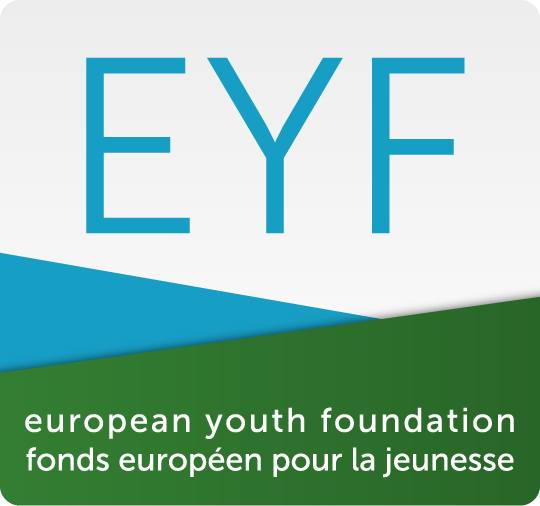Council of Europe resources
Council of Europe youth sector's education and training programme
Within the Council of Europe, the Youth Department is responsible for the Youth for Democracy programme. The main goal is to achieve the active participation and autonomy of young people in peaceful and inclusive societies of Europe. The work is based on a co-management principle that actively involves young people in the decision-making process.
A series of activities such as training courses, conferences, seminars, consultative meetings, youth peace camps and study sessions bringing youth NGOs to the European Youth Centres to study the priority themes prepares the beneficiaries to become multipliers for the values defended through the youth programme. Research and educational manuals are also produced and widely disseminated. In most activities, participants are identified through open calls, so these training and educational activities may be useful capacity building opportunities if you are part of a youth organisation.
Read more about the programme here.
Council of Europe youth sector's publications
The youth sector of the Council of Europe has developed throughout the years many ressources for youth organisations and not only. Many of these publications are designed to be used in youth projects with an educational dimension, for example COMPASS - A manual on human rights education with young people, and many others.
Have a look at the specific webpage dedicated to the variety of resource available. At the page, check first the section "Manuals and handbooks" and the "Online library".
Another source of useful publications is the website of the EU - Council of Europe youth partnership. For example, the T-kits developed are training manuals, based on non-formal education, based on a variety of themes.
Many publications are available in several languages.
Council of Europe youth sector's work on policy development
Since 1972, the Council of Europe has become the main driving force behind youth policy development and youth work in Europe. Thanks to its pioneering co-management system, the Organisation’s member states and young people have been working together to build more just, more democratic and safer societies all over Europe.
Several standards were developed on youth policy issues in the Council of Europe. These standards can be useful tools to promote and advocate for during youth projects.
Learn more about the youth policy work of the youth sector of the Council of Europe here.
Read more about youth policy standards here.
Council of Europe Quality Label for Youth Centres
Since 2010, the Council of Europe awards a Quality Label for Youth Centres that meets a set of quality criteria. The EYF encourages the use of these quality-labelled Youth Centres to organise EYF-supported youth activities.
For more information about these centres, please click here.
The Council of Europe beyond the youth sector
The Council of Europe is the continent's leading human rights organisation. It is an intergovernmental organisations, working on human rights, democracy and rule of law issues. The Council of Europe carries out three types of activities: standard-setting, monitoring and co-operation.
When developing and implementing a youth project as a youth organisation, it can reinforce your project if you check whether your work is linked to Council of Europe's achievements, programmes and principles.
The European Convention on Human Rights is one of the key human rights standards set by the Council of Europe. Learn more about the Convention here.
Learn more about the Council of Europe's work on human rights here.
Learn more about the Council of Europe's work on democracy here.
Learn more about the Council of Europe's work on rule of law issues here.



